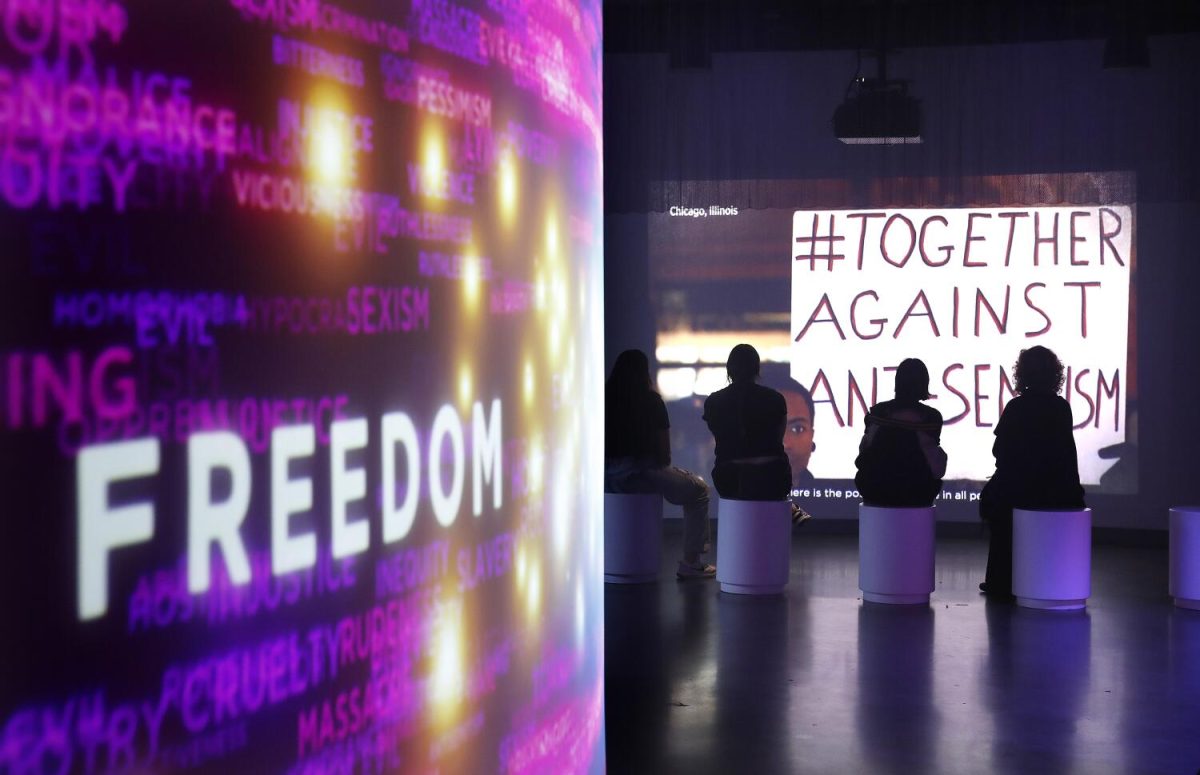Since the start of the war between Israel and Hamas last October, college campuses across the United States have been split in two by the conflict. Opinions on the war range across a wide spectrum of allegiances, ideologies, and policy proposals, and when it comes to talking about discrimination, emotions can run very high.
To address some of these concerns, a meeting of Mesa College’s Academic Senate on March 4 put to the floor a resolution combating anti-Semitism on campus, which sparked a heated discussion within the school’s governing body. After a lengthy discussion and at least one extension of the meeting to allow all points of view to be heard, the “SDCCD/SDMC Pledge to Fight Anti-Semitism” was put to a vote, which proved to be no less uneasy than the conversation that preceded it. The final count was 12 in favor of the resolution, 6 against, and 12 abstentions.
Since the majority of Senators abstained, there was a great deal of confusion over whether the resolution had passed. Academic Senate President Andrew Hoffman promised to look into the matter and come back with a clear answer the next day., On March 6, an email sent by Hoffman to the members of the Senate explained that “the abstentions are not considered.” He said that considering abstentions would “[have] the same effect as a negative vote,” which would “deny members the right to maintain a neutral position by abstaining.” In other words, the resolution passed with 12 votes in favor.
The core of the resolution was simple: a clear acknowledgment of Jewish identity and culture at Mesa College, the inclusion of Jewish people within the college’s DEI (Diversity, Equity, and Inclusion) educational framework, and condemnation of all forms of anti-Semitism. The resolution was introduced by Mesa psychology professor Helen Greenbergs, aiming to protect Jewish students, faculty, and staff on campus in the wake of an unprecedented rise in anti-Semitic violence since the start of the war in Gaza.
Though no direct mention of Israel was made in the resolution’s text, it was met with severe criticism from some members of the Academic Senate. Namely, history professor and Past Academic Senate President John Crocitti, who contended that the resolution was not inclusive enough and failed to acknowledge the near-equal rise in anti-Muslim/anti-Arab violence since October.
“Why doesn’t it mention hate toward other groups, such as Islamophobia?” Crocitti asked.
He also criticized the presence of programs run by the Anti-Defamation League (a controversial Jewish advocacy group) within the resolution, stating that there are already programs at Mesa to promote diversity, which presumably include Jewish culture.
Crocitti’s argument was, in turn, directly rebuked by math professor Katherine Naimark, who said that the spirit of the resolution was peaceful and well-meaning; it simply encourages education on certain issues that don’t receive enough attention at Mesa, without necessarily undermining the issues of any other group.
“When standing up against hate toward a particular group, we focus on this group’s story, and it’s simply impossible to include all others,” she said.
The next half-hour was spent in back-and-forth debate among the various senators in the room, with many offering their unique perspectives both in support and opposition to the resolution.
Black studies professor Thekima Mayasa at once voiced both her tentative approval and criticism of the resolution, saying that “hate is hate, no matter who it’s directed to.”
Biology professor Michael Brewer made the point that specifically opposing anti-Semitism does not preclude simultaneously opposing Islamophobia, and that the two did not always need to be addressed together to both be acknowledged equally.
While the resolution to oppose anti-Semitism ultimately passed, the plurality of abstentions indicated a broad hesitancy among Mesa College’s faculty to openly acknowledge anti-Semitism.


